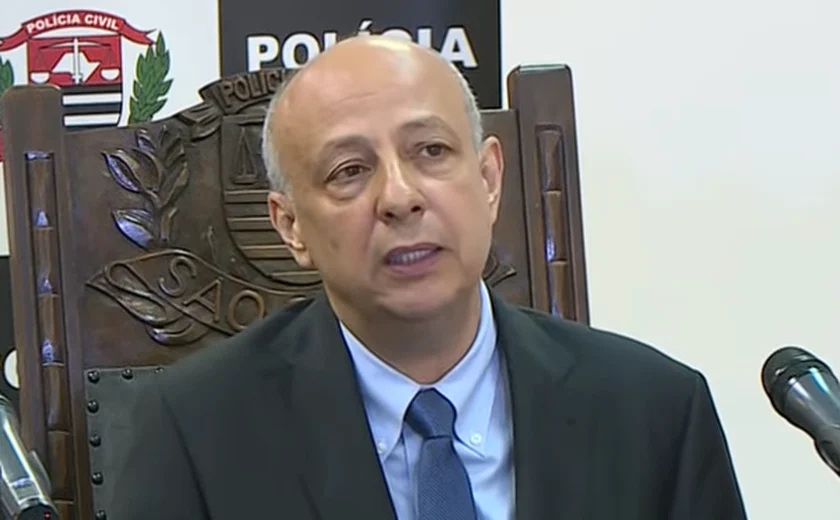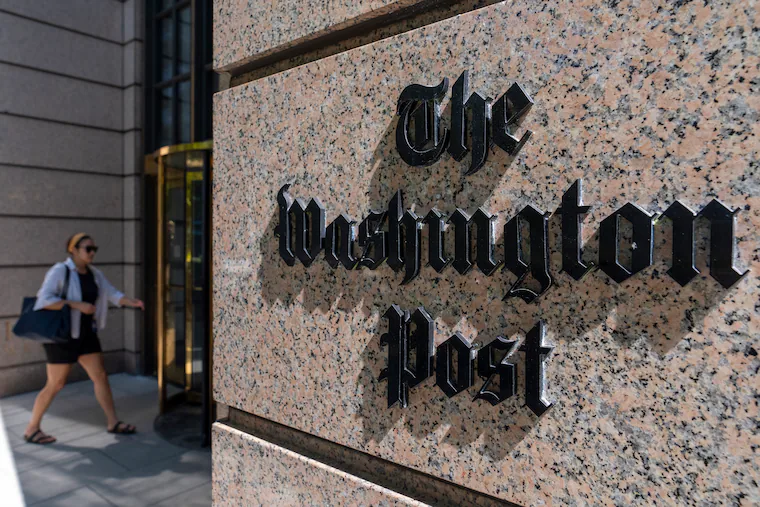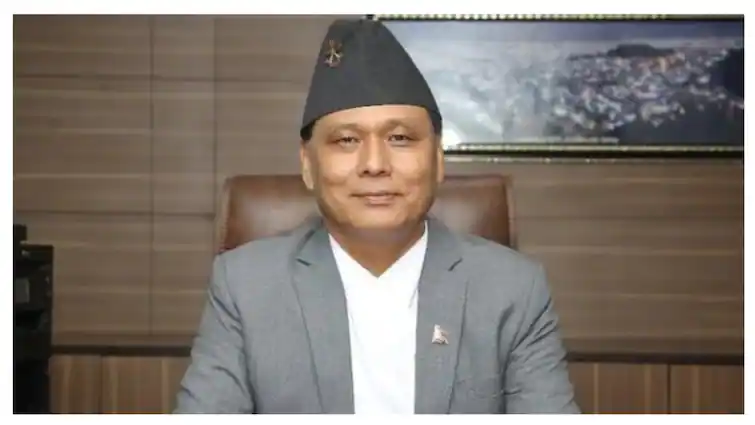By Iolanda Fonseca
Copyright riotimesonline

Former São Paulo police chief Ruy Ferraz Fontes died on September 15, 2025, after three armed men trapped his vehicle in Praia Grande and fired more than 20 shots.
Security cameras show the assailants chasing his car in a Toyota Hilux before it crashed into a bus. Fontes, 63, returned fire and wounded one attacker but succumbed to his injuries.
Fontes spent four decades dismantling the Primeiro Comando da Capital (PCC), Brazil’s largest criminal syndicate. In 2006, he led the first major indictment of the PCC’s entire leadership, including boss Marcos “Marcola” Camacho.
As police chief from 2019 to 2022, he transferred PCC leaders to federal maximum-security prisons, prompting the gang to issue a formal death sentence against him.
The PCC now controls vast financial networks. Brazil’s Federal Revenue Department estimates the group holds over $5 billion in property assets.
Operation Hidden Carbon exposed a 52 billion-real fuel-sector money-laundering scheme. U.S. Treasury sanctions name operatives like Diego Gonçalves, who moved 1.2 billion reals through illicit channels.
The PCC employs 40,000 core members and 60,000 contractors across five continents and dominates more than 50 percent of Brazil’s cocaine exports to Europe through alliances with Italian crime families.
Lawmakers describe the PCC as “one of the world’s most sophisticated criminal enterprises,” blending corporate structures with mafia-style enforcement.
The gang uses fintech “parallel banks” to launder profits and invests in sugar mills, real estate, and luxury vehicles to conceal wealth. Brazilian authorities dispatched over 100 officers to pursue Fontes’s killers and intensified raids on PCC financial holdings.
In August, officials seized assets worth 13 million reals tied to hidden investment funds. Governor Tarcísio de Freitas vowed a full‐scale investigation, warning that tolerating attacks on law enforcement would embolden criminals.
Fontes survived a 2010 assassination attempt, underscoring the PCC’s long memory. His death reveals how criminal networks can target high-profile opponents even after they leave frontline police roles.
Experts warn that as the PCC’s economic reach grows, so does its capacity for violence and influence over politics and prisons. This ambush exposes the stakes in Brazil’s battle against organized crime.
It shows how a syndicate with multibillion-dollar revenues can plan and execute an operation that kills a senior state official.
The case underscores the urgent need for Brazil and its international partners to tighten financial controls, protect key figures, and disrupt the corporate-style networks that fuel the PCC’s power.



